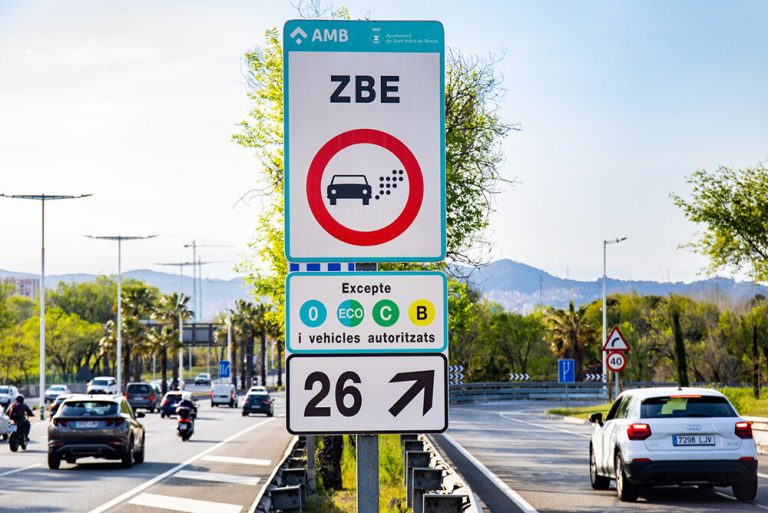The sharing economy is a promising concept, but it’s still far from perfect. People use platforms such as Uber, Lyft or AirBnb to supplement their incomes, socialize and access various resources without having to spend large sums at a time to acquire them.
But researchers Solomon Greene and John McGinty wrote a paper where they argue that this model isn’t nearly as beneficial for the low-income citizens as it is for the rich, and that cities need to remove barriers and take measures to make the sharing economy more accessible.
Poor communities are much less likely to use programs like car- or bike-sharing, partly due to the fact that some of them have limited or no access to the internet or to the required technologies. Besides this, there are several other important issues with the sharing economy as it functions now.
People who work on these platforms are not really employees but ‘contractors’. Their status benefits the company as it is relieved of many legal obligations, but doesn’t come with any of the perks that workers enjoy in regular jobs – health insurance, overtime pay, proof of employment, etc.
What’s more, it has been reported that racial discrimination occurs on platforms like AirBnb, and researchers say that it is a ‘remarkably persistent’ finding. People seeking rentals whose names have an African American origin can be 16% less likely to be accepted by hosts.
Authors suggested that removing the requirement for users to publish their names could be a solution, while keeping all other information like age or previous ratings. AirBnb disagrees, claiming that anonymity would inevitably lower the trust between users.
Another issue is that home-sharing services can drive up housing costs, pushing out low-income residents.
More than 7,000 houses and apartments were taken off the rental market in metro Los Angeles for use as short-term rentals.
This comes at a time when the L.A. housing market is already scarce and overpriced. AirBnb reps claim that the effect on the housing market is insignificant, but some hosts on the platform list dozens of properties, in what experts are calling a ‘professionalization’ of short-term renting.
Possible solutions
The issues could be addressed by policy redesigns from both companies and municipalities, but Greene and McGinty also suggest that city leaders need to do more.
This means giving up on some outdated regulations that restrict the sharing economy, like banning car-sharing services due to pressure from traditional taxi companies or requiring costly licenses for short-term renters.
The developments are somewhat inevitable, and people generally like these new services and want them to be available in their cities.
The authors propose five important measures that should be taken by cities in order to make the sharing economy work for everyone, rich and poor (summary by LabCities):
- Organize roundtable meetings to map out the local sharing-economy and identify gaps and barriers to participation. Working together, city leaders, community groups, businesses, researchers, and sharing-economy firms could use this information to create a roadmap forward. For example, cities with high unemployment could focus on using sharing platforms to provide work supports and create paths to quality jobs.
- Protect sharing-economy workers, who don’t get the same protections as full-time employees. Sharing-economy jobs offer greater flexibility and independence but shift economic risks on to workers. To help, cities could provide flexible and portable benefits, allow contract workers to unionize, and reclassify contractors as employees subject to minimum wages and basic worker protections.
- Help sharing-economy entrepreneurs by providing seed capital and training, creating or subsidizing shared workspaces, and reducing licensing and permitting barriers. Seoul, Korea, through the mayor’s Sharing City initiative, has helped seed a clothes-sharing program for job seekers and a home-sharing platform.
- Require sharing-economy firms to expand their services into low-income neighborhoods/reduce prices for low-income consumers in exchange for government contracts or regulatory approvals. Los Angeles introduced a pilot program to put 100 car-share vehicles in low-income neighborhoods. In Minneapolis, the Nice Ride bike-share program offers subsidized memberships and conducts outreach in low-income communities.
- Support peer-to-peer lending to help people build credit and access more affordable loans. This is a barrier that may be keeping low-income households from becoming likely consumers of the sharing economy. Oakland and Richmond, California, offer municipal IDs that are also prepaid debit cards, which may help people without bank accounts.
Sources: labcities.com, latimes.com, nytimes.com, govtech.com, urban.org, theatlantic.com, time.com
Photo: gearpatrol.com






